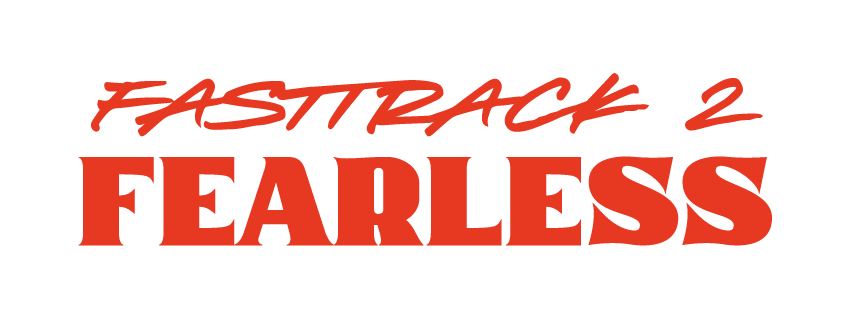Say Hello to Your Transferable Skills
Transferable skills - just the phrase sounds really boring, doesn’t it?
We’ve all heard about transferable skills, but we only really pay attention to them when we are:
Thinking about changing jobs
Pivoting
Facing an industry that is changing
and we are wondering, ‘What else can I do?’
We only really think about them when we are in need, in a bad mood, or worried about our futures.
What I’ve noticed in life is that most people don’t think about their skills, talents, and achievements as they go along because they are so busy focusing on the next thing.
We tend to focus on:
What we HAVEN’T achieved
What skills we DON’T have yet
What talents we DON’T have (that someone else does)
We completely neglect to bank what amazing skills we have and what we are sitting on.
This comes at a cost because if we don’t recognise our value, our skills, and our impact along the way, it’s incredibly difficult to conjure them up or remember them in times of need.
One definition of Imposter Syndrome is when an individual DOUBTS their skills, talents, and achievements.
It’s not that the individual lacks said skills; they just doubt them. I think this is because they haven’t paid attention to them along the way.
So first things first...
1. Identify your SKILLS
Take a piece of paper or use the notes section on your phone - something that is always near you and write as headings:
Skills
Talents
Achievements
Impact
Go through your CV, your memory, your career and write them all down.
It’s a lot harder to doubt yourself when you’ve got those skills written down in black and white.
Keep those notes with you so you can add to them when things pop into your head.
Ask others - what are my talents, skills, and achievements?
See what themes come up.
2. Think about how those talents, skills, and achievements have IMPACTED others
In what way has what you’ve done...
Created value
Solved problems
Made a difference to others
Again, if you are struggling here, ask others - what impact have I had, how have I helped? Asking others helps you see yourself from a different perspective.
It’s really hard to do it on your own.
PS This is why working with a coach is an enormous help!
3. Think of yourself as a product which offers a SERVICE
Looking at all the skills and impact you’ve had and have, think broadly about what it is that you can do that provides a service or solves problems for others.
There will be multiple ways you can do this, believe me.
For example:
Communication with difficult stakeholders
Organisation and Delivery of complex and time-sensitive projects involving multiple people and locations
Managing a team
Being a starter-finisher etc
4. Get CURIOUS!
Get curious about other people’s roles in other companies, industries, and fields.
They may use different terminology for their skills, so it’s good to find out what they mean, what roles entail, and how much of the same skills are being used.
I am someone who has pivoted from a TV career into having my own business, and I use SO MANY of the skills I used in my TV career in my new life.
I can assure you that you will have many transferable skills, no matter your age. I was 49 when I pivoted.
Okay, if anyone is interested in using their skills in a different job, this is just a reminder to check out my Masterclass on The 3 Ps of Pivoting and check out the short course I’m doing on the Fast Track to Fearless Career pivot.
I hope that helps!
Tracy
